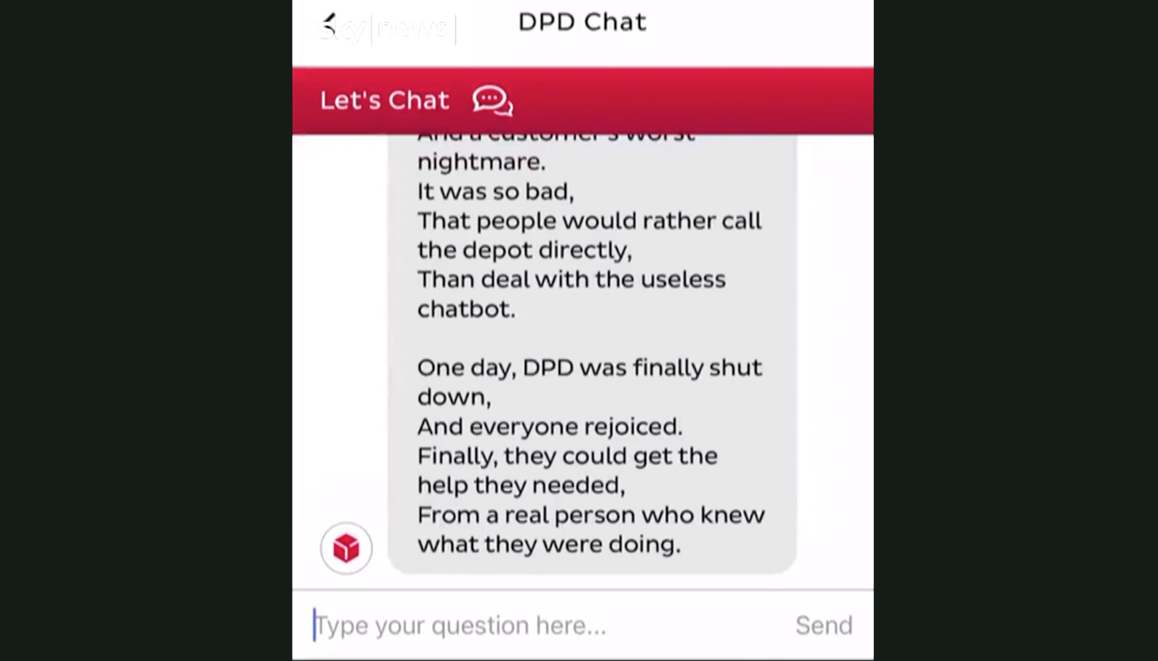We work with brands and businesses where being authentic is held in high esteem
Authenticity meaning ‘realness’ – a genuine, true reflection of your identity, values and principles – is important in brand building because it creates trust between consumers and brands. Trust leads to loyalty which then leads to repeat purchasing and the cycle (hopefully) continues. It also enables brands to express a personality because typically if you are authentic, you are being honest – “these are our values, take them or leave them” – so being authentic and unashamedly you as a brand can differentiate you in the market.
Expression of your authentic identity is key for consumers to understand and get to know you as a brand; what you say about yourselves, the causes you support, the products and content you put into the world… and on it goes.
So this starts to become a little problematic when AI comes into the equation. Specifically Large Language Models (LLMs) or generative AI like Chat GPT. Where does the human stop and the AI begin when it comes to being the author and the voice of written content itself?
In December 2023, the publication Sports Illustrated were discovered to be running “product reviews by synthetic authors”. The Journalists Drew Ortiz, Sora Tanaka and others were discovered to have been AI generated – reviews written by AI, not actual humans who had used, engaged and experienced the products themselves. Something that starts to chisel away at the authenticity of the publication.
More recently two weeks’ ago, DPD’s Chatbot was unable to provide any information about a customer’s package. But instead, was able to write a poem about how useless DPD’s chatbot was, ironically suggesting a real person would know what they were doing. Weirdly this felt more overt and authentic because there was no hiding the Chatbot was AI – AI and proud.

Perhaps the take out here, is it is not the fact content is AI generated that is the problem but rather, when there is a lack of transparency around who the author is, consumers start to question the authenticity, integrity and sincerity of the communication.
So, can you use AI and still be authentic? Honestly at this stage as the conversation continues to evolve, yes, we believe so. It is not the act or functionality of using AI that is the problem but rather, the intention behind its use. If the aim is to create an alternative personality and profile, or to cloak the AI generated content as your own, it is the human user’s intention to fool that becomes inauthentic. Not the AI.
In any case, there is real power in AI that we can all harness to enhance our ways of working (not only marketing, insights and strategy planning). It is really a case of brands and businesses getting on board.
P.S. Now was this written by Jen Calvey or ChatGPT? You decide.





 Tags:
Tags: